There’s a difference between assertive diplomacy and an offensive one. India, traditionally, hasn’t pursued any of the two for long, before Subrahmanyam Jaishankar has come into his own as external affairs minister. The last semblance of assertive diplomacy was manifested way back in the 1970s, leading to the creation of Bangladesh. One would, however, see an exceptional diplomatic jugalbandi between Atal Bihari Vajpayee and Jaswant Singh post the 1998 Pokhran nuclear tests, followed by the Kargil War a year later, and Manmohan Singh’s diplomatic swan song as he pushed the India-US nuclear deal a decade later.
Interestingly, India began its democratic journey with a wishy-washy mix of offensive and pliable diplomacy. Jawaharlal Nehru would be at his offending best while dealing with the Americans. His socialist education at Harrow and Trinity would make him loath the capitalist Americans. This, in turn, would annoy the Americans no end to see a leader of the Third World country literally begging as well as exhorting in the same breath. Even an ardent Nehru admirer in John F Kennedy found it difficult to tolerate him. Ironically, Nehru’s diplomacy vis-à-vis the Soviets and Chinese went the other, submissive way. Maybe this sense of contradiction is reflected in the working of Indian diplomats; so much so that Gunnar Myrdal, in his book Asian Drama (1968), found Pakistani diplomats better gifted with conviviality and social graces than their Indian counterparts!
The Nehruvian arrogance and hyperactivity in diplomacy gave way to India turning inwards after the 1962 war, though Indira Gandhi during the 1971 Bangladesh War stood her ground. Post-Cold War, with the Soviet Union becoming a relic of the past, India found itself alone and lonely in this unipolar world. To make things worse, its economy, based on statist and moribund socialism, was faltering big time by the late 1980s. India’s diplomacy turned survivalist, with its epicentre of activity primarily confined to and around Pakistan.
Today, as New India is dealing with the world in a more self-assured manner, there are murmurs, at times from within the supportive quarters, whether the country is repeating the Nehruvian mistake of playing on the diplomatic high table without requisite cards in hand. India, after all, is just a $3 trillion economy, we are reminded. We are cautioned about Jaishankar rebuking the Americans, “you are not fooling anybody”, when they decided to offer a package for refurbishing its F-16s. It is brought to our notice how the external affairs minister has exposed the Chinese hypocrisy on terrorism by repeatedly blocking the move in the UN to designate Jaish-e-Mohammed chief Masood Azhar as a terrorist. Jaishankar is again invoked to showcase how he called the Western bluff on Russian oil by explaining what India bought in a whole month, Europe procured in one afternoon!
Quick Reads
View AllThe phrase, “speak softly, but carry a big stick” — attributed to 26th US President Theodore Roosevelt — is then used to advise the Modi government to go easy, “especially after we have already made our position clear to one and all”, as the ever eloquent R Jagannathan writes in his recent article. ‘Memo To Indian Diplomats And Social Media Warriors: Speak Softly, Till You Acquire A Big Stick’: “The next time we have a disagreement with the US, we must convey it privately,” he advises.
The provocation for this well-meaning advice can be a series of disturbing incidents emanating from the West that seems to suggest that after China, the US-led West too is realigning its relationship with India in favour of Pakistan. It seems to be the US’ payback for India not supporting the West in the ongoing Russia-Ukraine war.
No doubt, the Joe Biden administration is unhappy with India, and the immediate provocation is Ukraine. But then the Americans have always been like this. Always fussy… a bit grumpy… and occasionally unhappy! Former foreign secretary JN Dixit writes in his memoirs, My South Block Years (1997), “Our political relations with the US… have suffered despite the upswing in economic ties. Washington’s restoration of arms supplies to Pakistan, its temporising on the Kashmir issue and its caution on technology transfer to India have continued to revive doubts and suspicions about US policies in Indian public perceptions.” The US in the 1990s was doing exactly the same thing it is doing today. And this when India of the 1990s was proactively wooing the Americans!
In fact, the Americans came closer to India during the Vajpayee era when the country’s diplomacy was taking an assertive turn, especially after the Pokhran tests and the Kargil war. The West would want India to be submissive, but it also appreciates, howsoever reluctantly that might be, India’s rightful assertion.
Deng Xiaoping’s mantra of China’s “peaceful rise” is often invoked as a template for Narendra Modi to follow. “Keep a cool head and maintain a low profile. Never take the lead — but aim to do something big,” Deng would remind the Chinese. But in all this what’s forgotten is that America’s China bromance actually began during Mao’s time, when China was weak, vulnerable, unpredictably aggressive and internationally isolated. As Jasper Becker, in his review of Henry Kissinger’s book On China, writes: “Kissinger can’t help being blown away by his (Mao’s) supposed brilliance… Yet Mao was by then recognised even by his followers as a mad monster. He had managed to make enemies of practically everyone in China, starved up to 50 million people to death, repeatedly purged the army and party, imprisoned or exiled millions, and ruined the economy.”
Mao’s madness didn’t bother the US. Nor did Deng-era Chinese assertiveness post the Tiananmen Square episode. Within a few years of Tiananmen, it was business as usual. In fact, in the early 1990s, by then Jiang Zemin was the Chinese President, the US and the West competed with each other to engage with China. Why? Because world powers make a distinction between assertive and offensive diplomacy. More so the US which has all the wherewithal at its disposal to understand that India’s new-found diplomatic assertiveness is neither belligerent nor anti-American.
The US has always kept a close tab on India and the nature of its governance. In 1992, for instance, the Pentagon had asked the RAND Corporation to make a report on India’s security strategy. The report concluded, “India did not have a cohesive strategy because its foreign policy since 1947 was loosely based around the teachings of Buddha and Gandhi.” Fourteen years later, in 2006, the US government ordered another review of India’s strategic culture. This report again pointed out the Buddhist and Gandhian moral foundation of Indian foreign policy.
So, what explains the American friendship interspersed with its hostility vis-à-vis India? The American foreign policy, to use Rajiv Dogra’s words in his deeply researched and richly anecdotal book, War Time: The World in Danger (2022), “is notoriously fickle in its affections”. The American foreign policy, he writes, “can swing from being indulgent to complete indifference as per its calculation of what suits its interests at a particular moment. Even otherwise, consorting with America means walking on broken glass, you never know when a carelessly placed shard will hurt. Since the US is the superpower, it means that the lesser power walking with it will bleed.”
Maybe former ISI chief Hamid Gul was hinting at this inherent American contradiction when he observed quite pompously during a talk show in 2014. “When history is written… it will be stated that the ISI defeated the Soviet Union in Afghanistan with the help of America…Then there will be another sentence,” Gen Gul said, added after a brief pause: “The ISI, with the help of America, defeated America.”
America is often seen working against American interests. Its relationship with Pakistan is a classic example. In this backdrop, it is hardly surprising to see the US taking up an antagonistic stand against India. This also is a way to test a country’s mettle, given that India under Narendra Modi is keen on rewriting the rules of its global engagement. Delhi is also trying to demarcate a few red lines, while at the same time re-emphasising its common destinies vis-à-vis the West. What has come as a shot in the arm for the Modi government is the fact that there are very few countries that have treaded the uncertainties of the pandemic-hit, Ukraine-hurt world so well as India has done.
Jaishankar points to this change in India’s mindset when he writes in his 2020 book, The India Way: “Albert Einstein is best known for his theory of relativity. Had he opted for a career in political science, he could have as easily been famous for a theory of insanity. His definition of that state of mind was doing the same thing over and over again — and expecting different results. A corollary of that is to do the same thing in different situations — and then expect the same results. This is important to recognise at a moment in world politics when many of our long-held beliefs no longer hold true. If the world is different, we need to think, talk and engage accordingly. Just falling back on the past is unlikely to help in preparing for the future.”
Jaishankar wants to avoid “doing the same thing over and over again — and expecting different results”. The world is changing fast and becoming “uncertain”, and so the Indian discourse has to be different. The Modi government’s assertive, pro-active diplomacy is an attempt to search for India’s rightful place among the comity of nations. And this endeavour is not against any country. More so the democratic West, with which India has always shared common interests and destinies.
The author is Opinion Editor, Firstpost and News18. He tweets from @Utpal_Kumar1. Views expressed are personal.
Read all the Latest News, Trending News,
Cricket News, Bollywood News,
India News and Entertainment News here. Follow us on
Facebook,
Twitter and
Instagram.


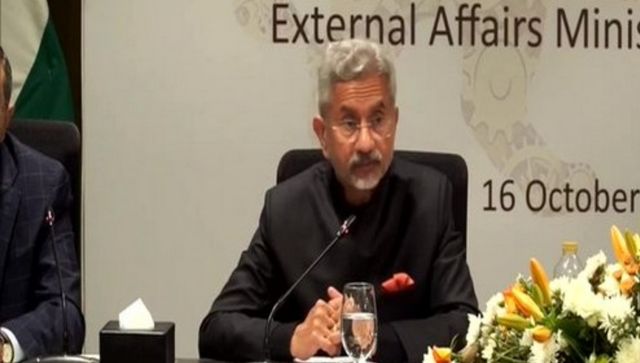)
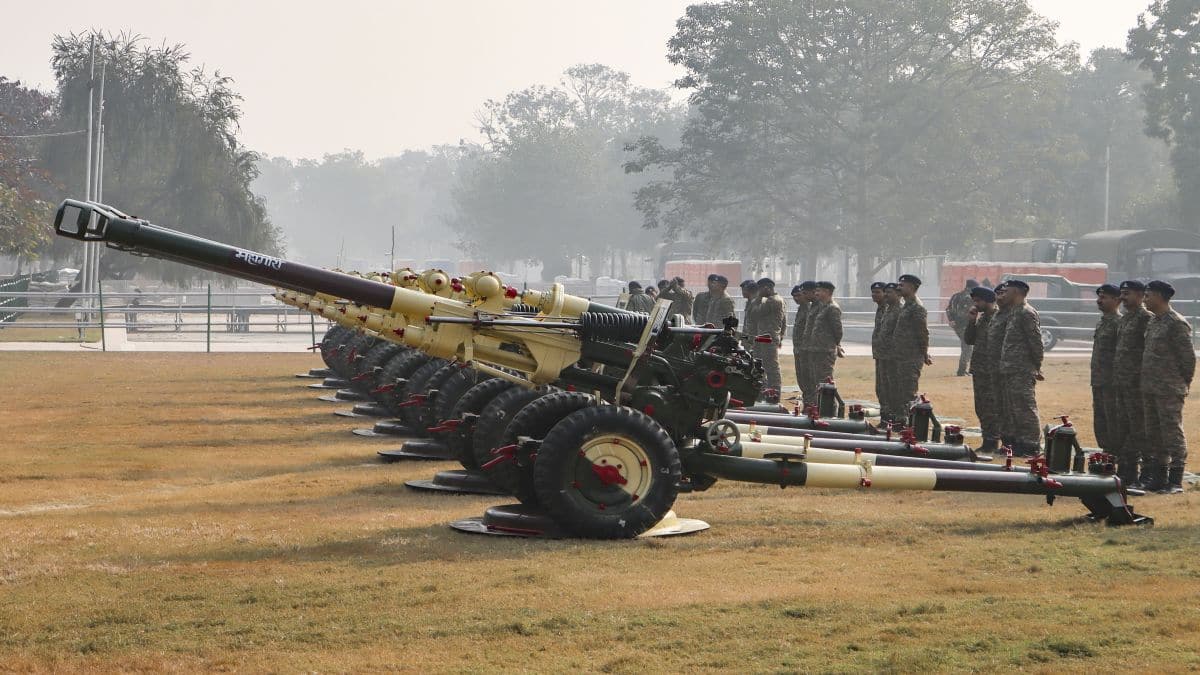
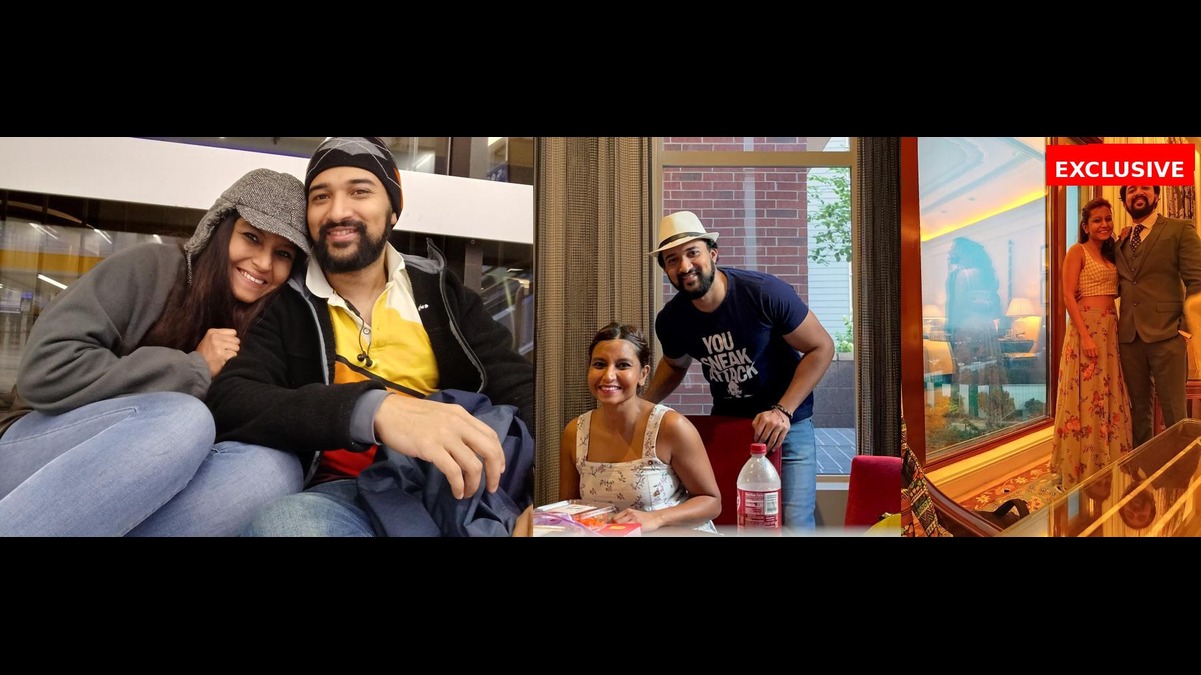)
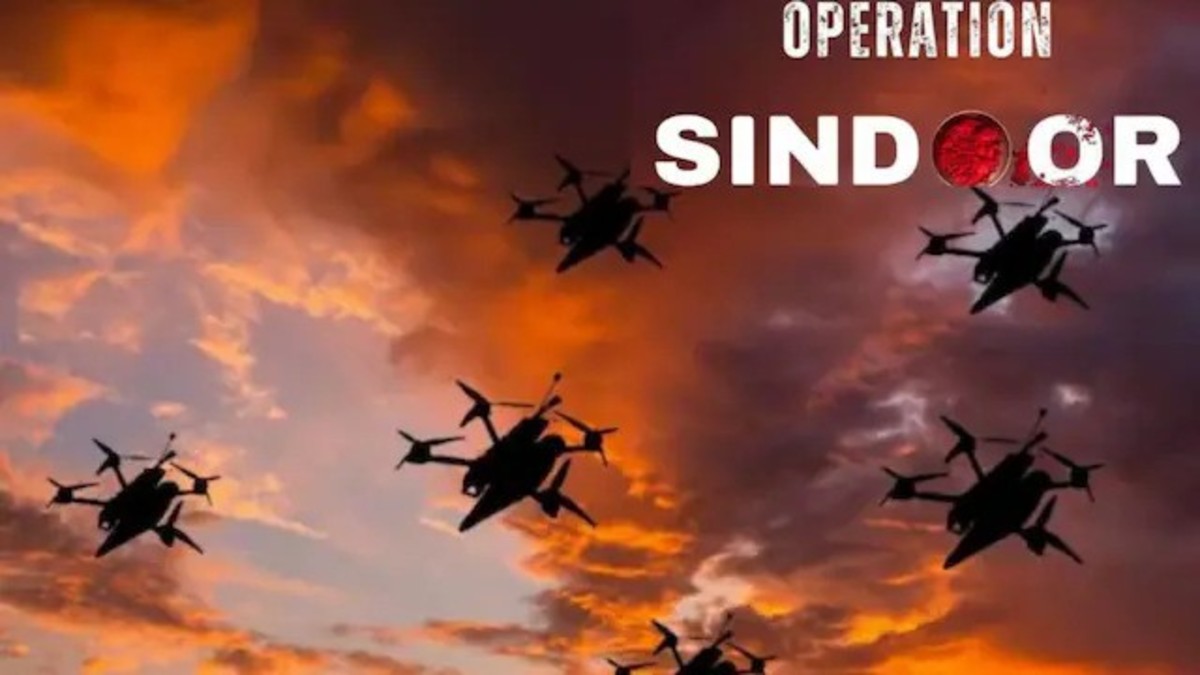)
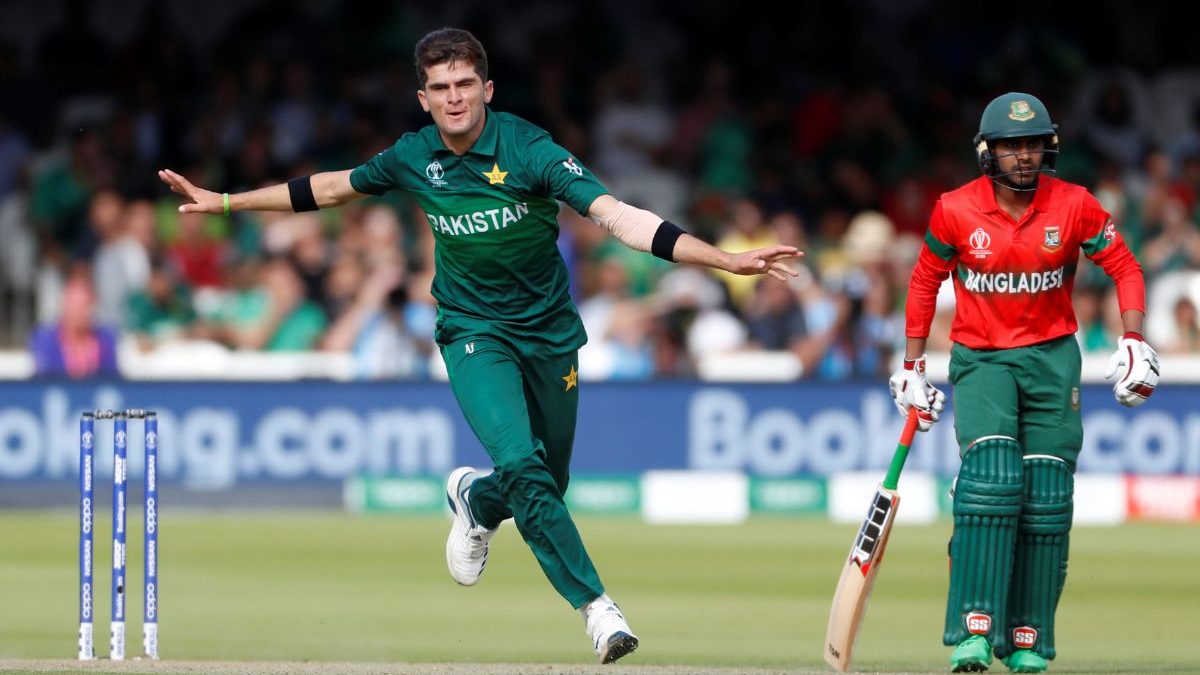)
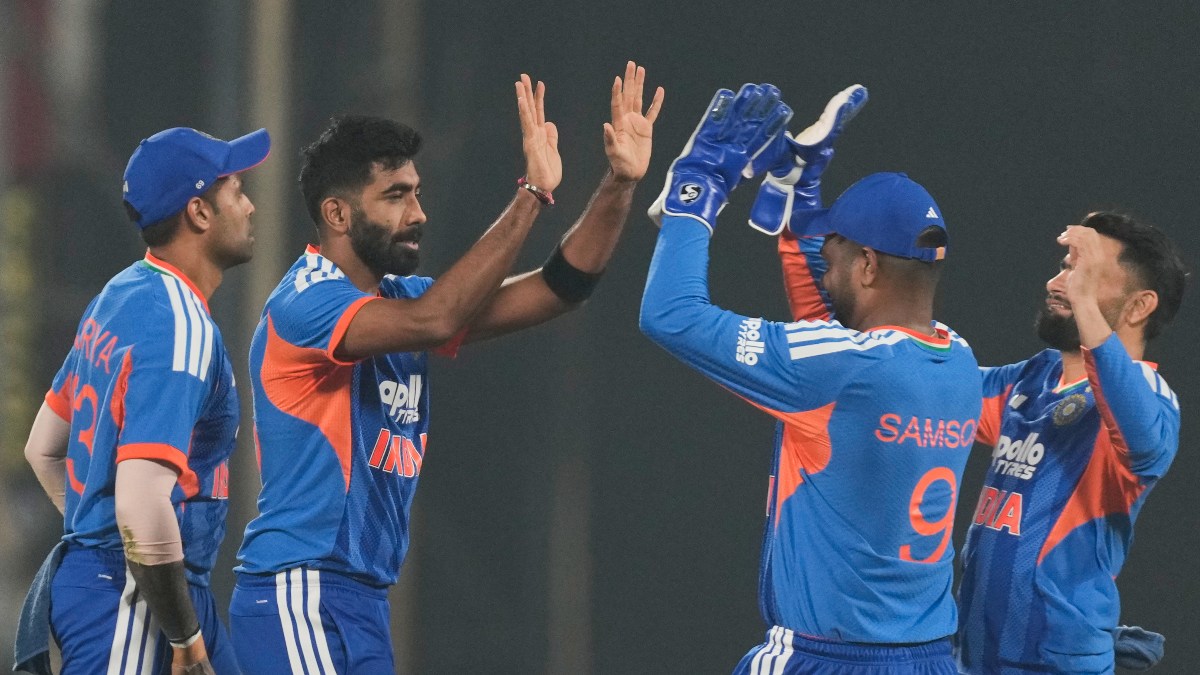)
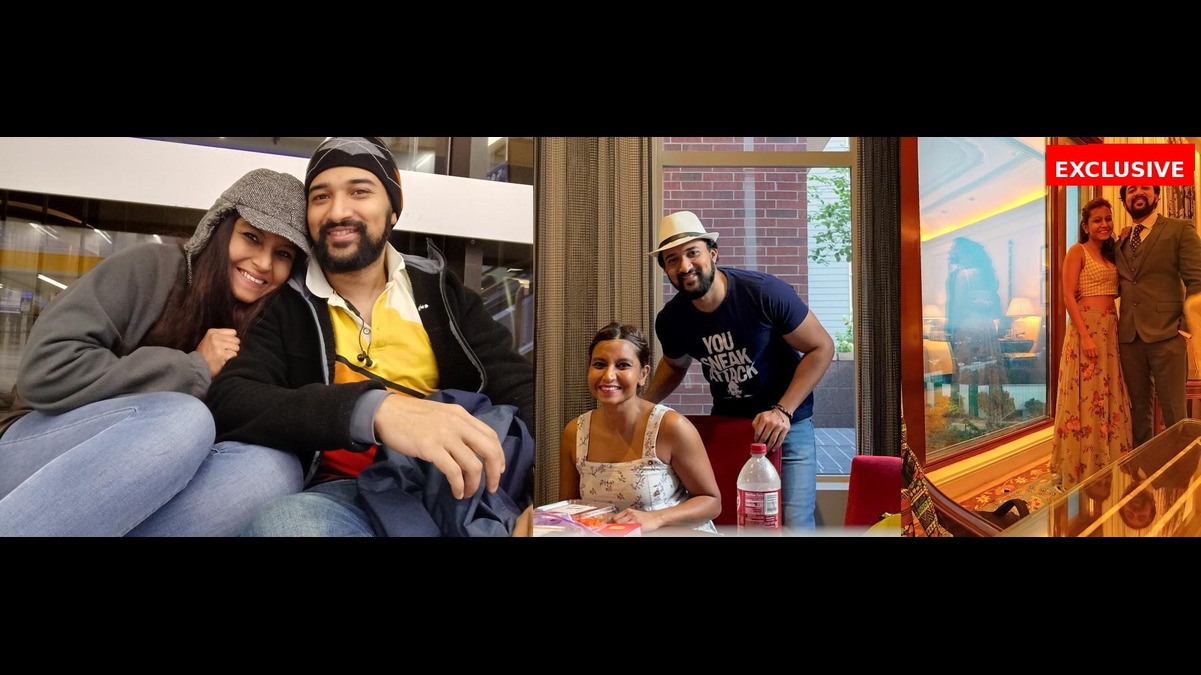)
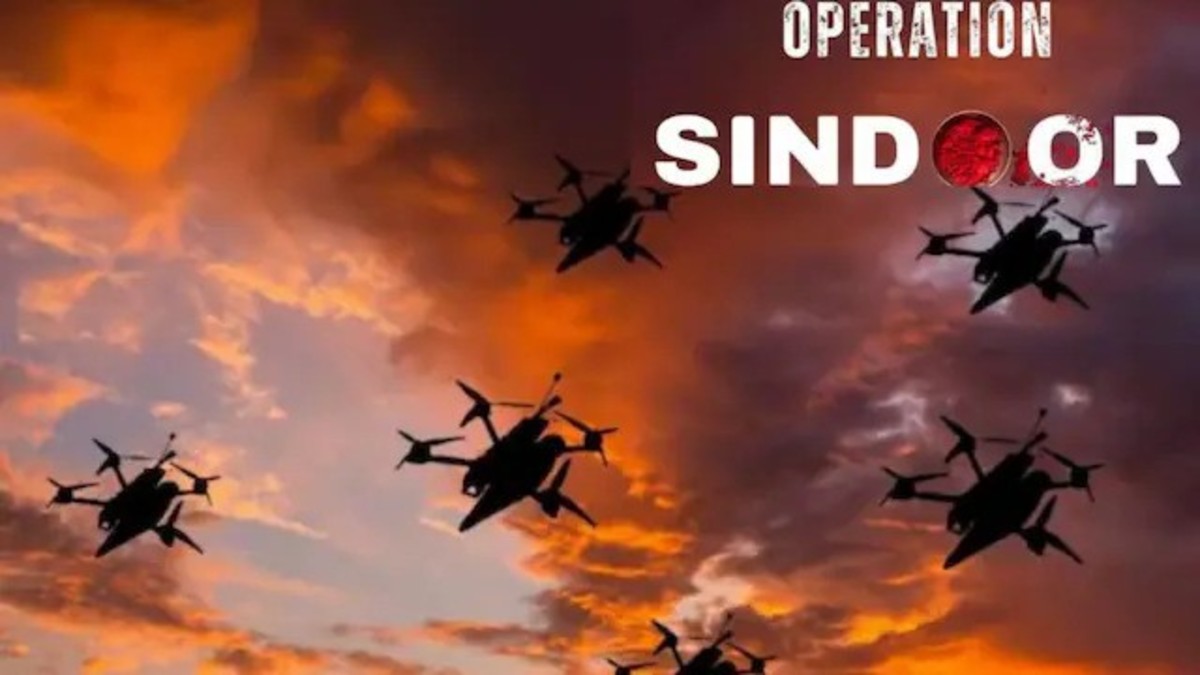)
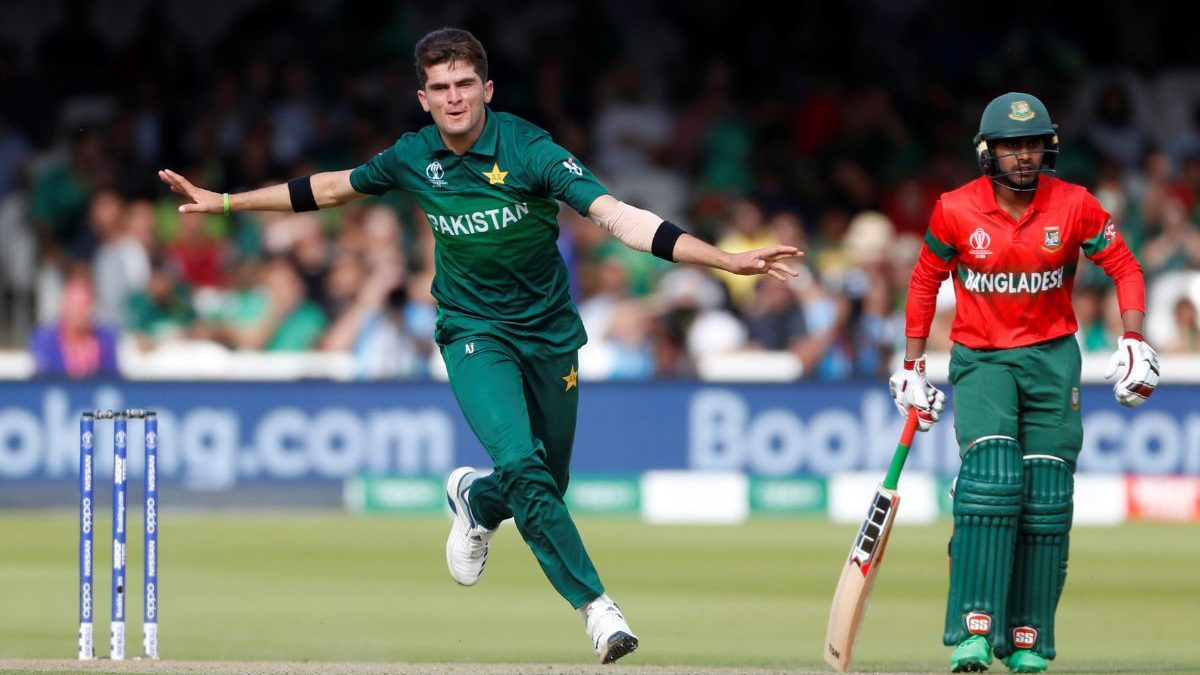)
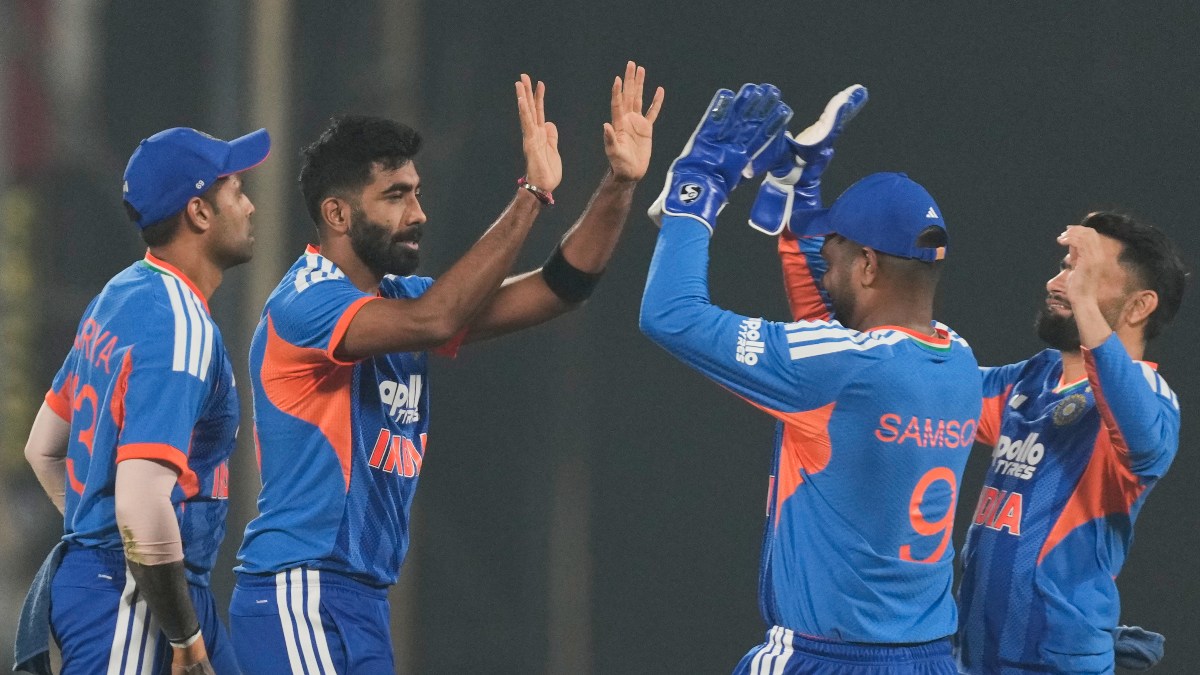)



